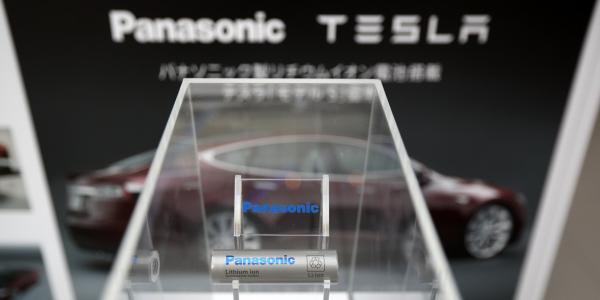Tesla’s long-term battery partner aims to increase the energy density of its 2170 cells by 20% within five years and commercialise a cobalt-free version within three years.
The bold claims by the head of Japan’s Panasonic’s US EV battery business, Yasuaki Takamoto, were reported by global news agency Reuters.
Panasonic introduced the 2170 lithium-ion cells, with the nickel-cobalt-aluminium (NCA) cathode chemistry, for Tesla’s Model 3 in 2017.
Tesla’s Nevada, US, gigafactory exclusively produces the 2170 cells— rather than the 18650 version. It is reported the 2170 cells weigh around 70 grams, have an energy density of 247Wh/kg and a 4.8Ah/17.3Wh capacity.
Tesla’s CEO Elon Musk has previously said he wanted to move away from using cobalt in his cells; there are ethical issues over mining cobalt in the Democratic Republic of the Congo— the world’s biggest producer of the material.
In June, Tesla signed a three-year pricing deal with Panasonic relating to the manufacture and supply of 2170 lithium-ion battery cells manufactured at its gigafactory in Nevada.
Panasonic has cut cobalt content to under 5% in its NCA cathode, but lost its ‘exclusive’ partnership with Tesla earlier this year when the US electric vehicle maker partnered with South Korea’s LG Chem and China’s Contemporary Amperex Technology (CATL).
In February, BEST reported that Tesla was in advanced stages of talks to use CATL’s cobalt-free lithium-ion batteries in cars manufactured at its China gigafactory.












